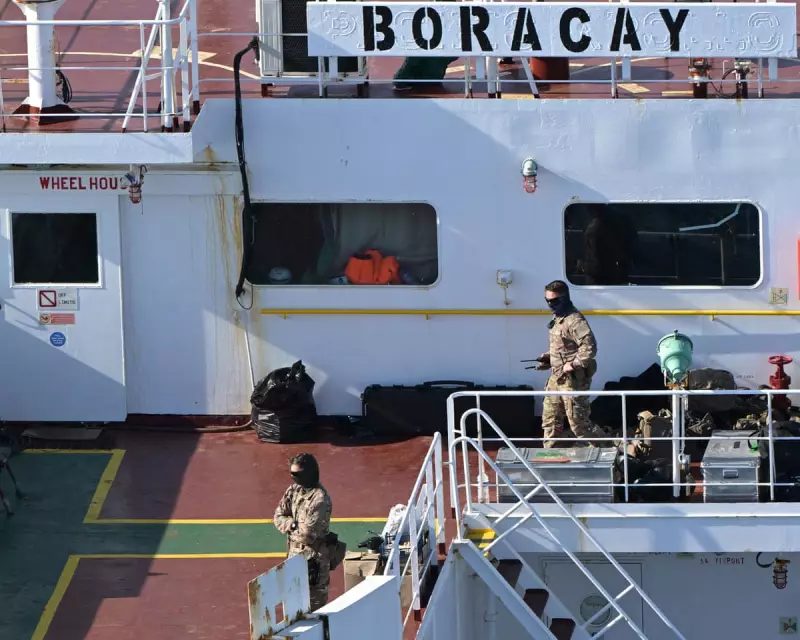
In a stark warning to European leaders, Ukrainian President Volodymyr Zelenskyy has exposed Russia's deployment of a clandestine 'shadow fleet' operating from the Black Sea as a launch platform for devastating drone assaults across the continent.
The sophisticated maritime operation represents a significant escalation in Moscow's hybrid warfare tactics, enabling strikes against critical infrastructure hundreds of miles from Ukrainian territory. According to intelligence briefings, these covert vessels are systematically targeting energy facilities and strategic sites throughout Europe.
Europe's Vulnerabilities Exposed
Recent attacks have demonstrated Russia's growing capability to project power deep into European territory. The shadow fleet operates beyond traditional military channels, making detection and interception increasingly challenging for NATO forces.
President Zelenskyy emphasised the urgent need for enhanced maritime surveillance and coordinated defensive measures. "This is no longer just Ukraine's fight," he stated during his daily briefing. "The shadow fleet represents a direct threat to European security and requires immediate international response."
Strategic Implications for NATO
The emergence of this maritime drone threat complicates an already volatile security situation. Military analysts suggest Russia is testing NATO's defensive capabilities while avoiding direct confrontation with alliance forces.
European energy infrastructure has become particularly vulnerable, with several facilities already reporting attempted drone incursions. The attacks demonstrate Moscow's strategy to leverage asymmetric warfare against Western economic interests.
Key Developments:
- Covert vessels operating in international waters bypass conventional monitoring
- Long-range drones capable of striking targets across continental Europe
- Increased frequency of attacks against energy and transport infrastructure
- Growing concerns about maritime security protocols in the Black Sea region
Defence officials across Europe are reportedly reassessing their coastal surveillance capabilities and considering enhanced counter-drone measures. The situation underscores the evolving nature of modern warfare, where commercial vessels can be weaponised against civilian infrastructure.
As the conflict continues to spill beyond Ukraine's borders, the international community faces mounting pressure to develop effective responses to this new generation of maritime threats.






